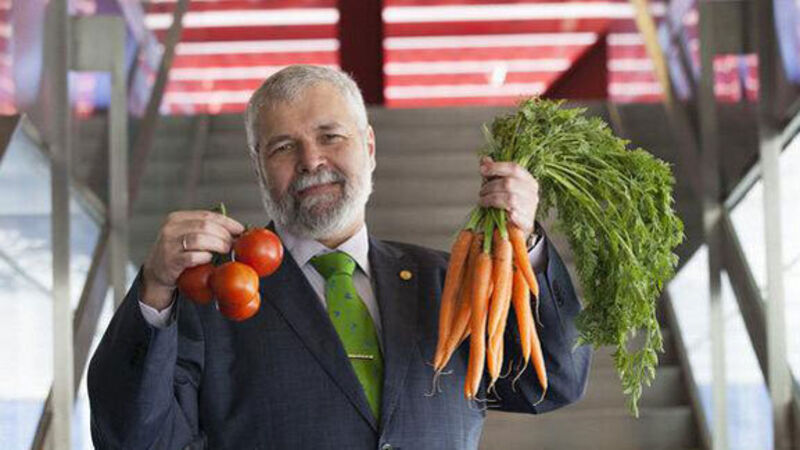Variance in expert views on whether the herbicide glyphosate is carcinogenic

Last week, the European Food Safety Authority (EFSA) updated the herbicide’s toxicological profile.
Jose Tarazona, head of EFSA’s Pesticides Unit, said: “This has been an exhaustive process, a full assessment that has taken into account a wealth of new studies and data.










